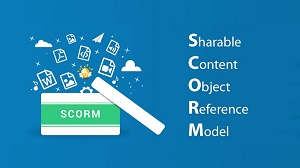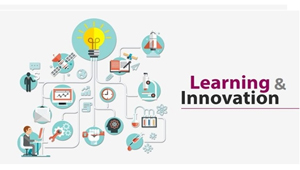
Blockchain and IoT Integration: Shaping the Future of Technology
In 2024, the integration of Blockchain and Internet of Things (IoT) technologies continues to revolutionize various sectors. While initially Blockchain was closely associated with cryptocurrencies, its potential extends far beyond, impacting industries from healthcare to education. Similarly, IoT's contribution to data generation and device interconnectivity has been immense. Let’s delve into how these two technologies are working together to create a new era of technological advancement.
Blockchain-Powered Smart Contracts
Smart contracts on Blockchain have enhanced the efficiency and accuracy of accessing contract-related information. These contracts automatically execute, control, or document legally relevant events according to the terms of a contract or an agreement, ensuring transparency and reducing the likelihood of disputes.Transforming Property Transactions
Traditionally paper-based, property transactions are prone to disputes. Blockchain introduces an immutable record-keeping system, providing a reliable source for conflict resolution and making transactions transparent and secure.Revolutionizing Financial Services
Blockchain integration in financial services ensures secure and transparent recording of transactions. This technology significantly reduces fraud and tax evasion possibilities, introducing a new level of security in financial dealings.Enhancing Clinical Data Management
In the healthcare sector, particularly in pharmaceuticals, Blockchain is playing a pivotal role in managing clinical data. This facilitates faster, more accurate research and enhances the integrity and confidentiality of medical records.Streamlining Insurance Claims
The insurance sector benefits from Blockchain through streamlined claim management processes. This technology provides a more objective, accurate, and hassle-free approach to handling claims.Advancing Education Systems
Blockchain can also transform the education sector by timestamping enrollments and graduations, thereby producing better records and improving identification processes in educational dynamics.Integrating Blockchain with IoT
The fusion of Blockchain with IoT, often termed as BIoT, promises to enhance data management and improve device interactivity. IoT devices generate vast amounts of data, which, when managed with Blockchain, can lead to more informed decision-making. This integration also means a shift from traditional centralized IoT architecture to a decentralized one, enhancing fail-safe mechanisms and bolstering security.However, this integration is not without challenges:










Our Services